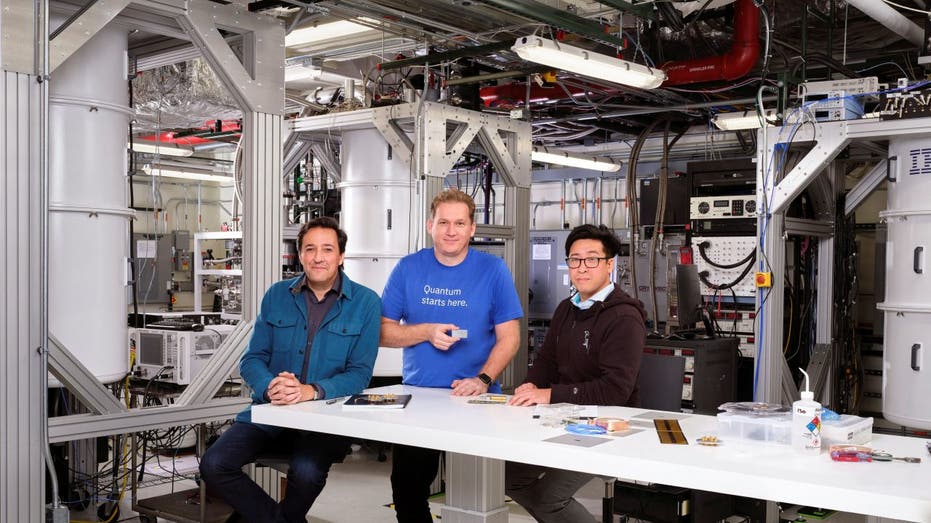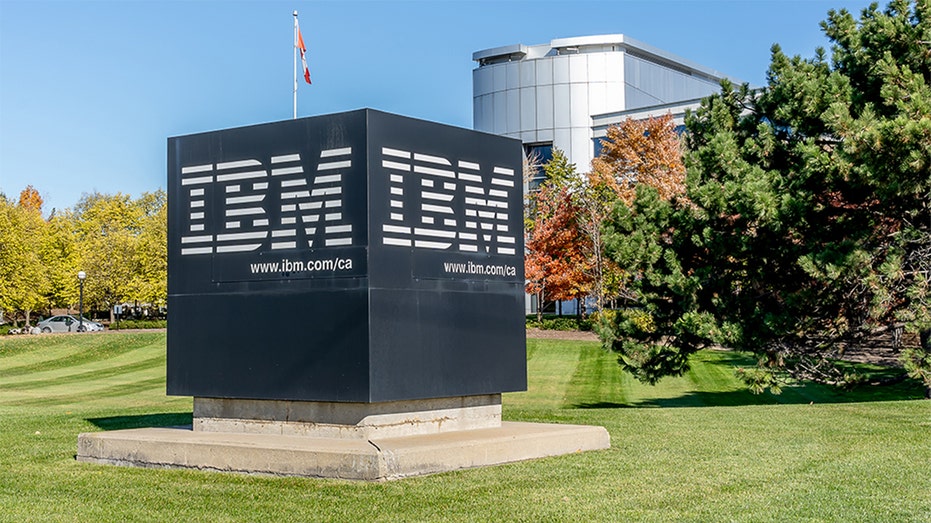IBM launches its most powerful quantum computer with 433 qubits
IBM is calling the modular system Quantum System Two
International Business Machines Corp on Wednesday said it launched its most powerful quantum computer to date called the Osprey, a 433-qubit machine that has three times the number of qubits than its Eagle machine announced last year.
The number of qubits, or quantum bits, is an indication of the power of the quantum computer which uses quantum mechanics, although different quantum computer companies make different claims about the power of their qubits which can be created many different ways.
Quantum computers are one day expected to speed up certain calculations millions of times faster than the fastest super computers today.
Dario Gil, IBM's director of research, said IBM is still on track to launch a computer with over 1000 qubits but for further scaling was working on a new approach.

A computer rendering shows IBM's 433-qubits Osprey quantum processor, with more than three times the qubits of the IBM Eagle processor unveiled in 2021, in this undated handout image. Connie Zhou for IBM/Handout via REUTERS
IBM REVENUE UP 8% ON CONTINUED MOMENTUM IN HYBRID CLOUD BUSINESS
"As we push the limits of the size of the Osprey chip that we're announcing, if you look at it, it's really big already. Next year, 1000 is going to be very big," he said. "So after that, we have been designing and engineering the whole architecture for quantum computing based on modularity."
IBM is calling the modular system Quantum System Two.

IBM Senior Vice President and Director of Research Dario Gil, IBM Fellow and Vice President of Quantum Computing Jay Gambetta, holding the 433-qubit IBM Osprey chip, and IBM Fellow and Director of Quantum Infrastructure Jerry Chow pose for a photo in
IBM REVENUE MISSES ON WEAKNESS IN LEGACY INFRASTRUCTURE UNIT
"Quantum System Two is the first truly modular quantum computing system so that you can continue to scale to larger and larger systems over time," Gil told Reuters ahead of the IBM Quantum Summit this week. "Modularity means the chips themselves are going to have to be interconnected to one another."
IBM said it is targeting for this system to be online by end of next year and it would be the building blocks for "quantum-centric supercomputing" by connecting multiple Quantum System Twos. IBM said it could build a system with up to 16,632 qubits by linking three of these systems.

International Business Machines Corp recorded highest quarterly sales growth in more two years and beat Wall Street targets on Monday, boosted by its bets in the high-margin cloud computing business.
CLICK HERE TO GET THE FOX BUSINESS APP
IBM has over 20 quantum computers around the world, and customers can access them through the cloud.
